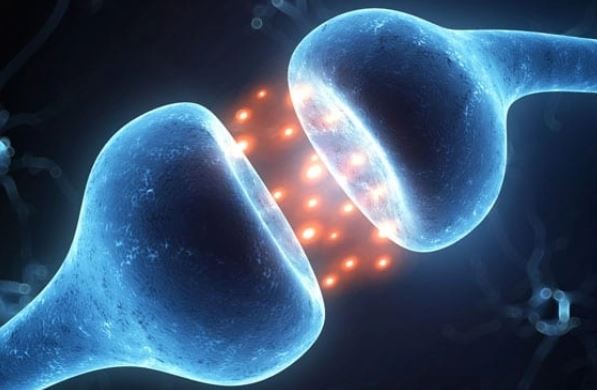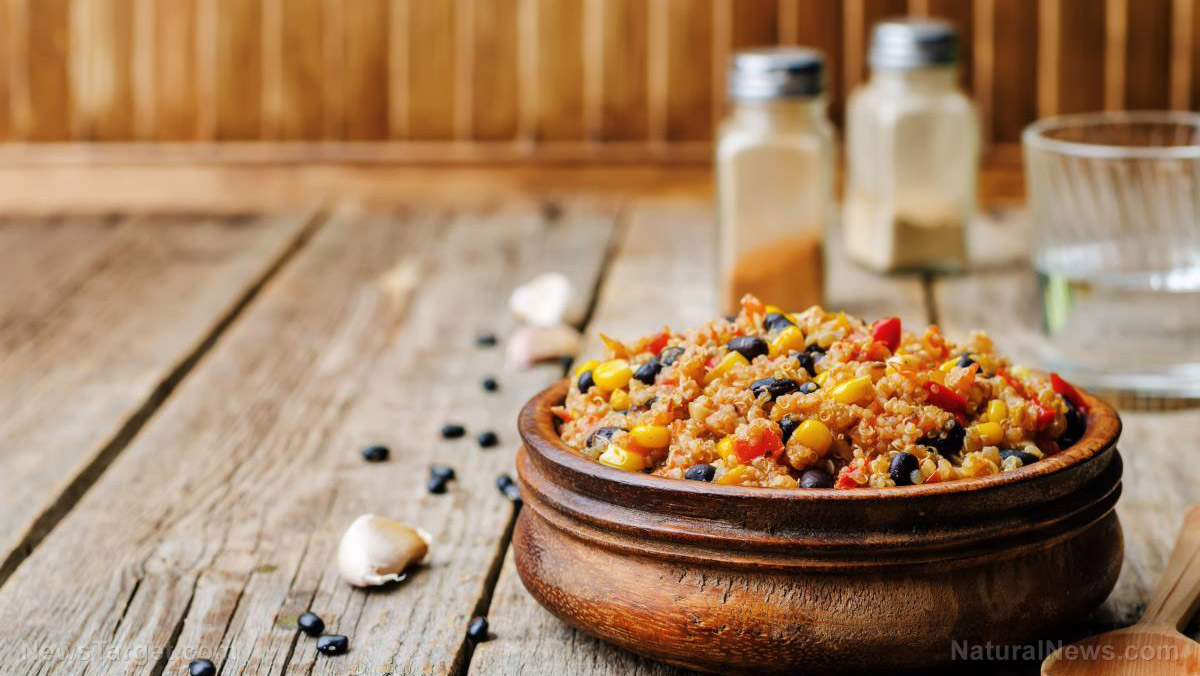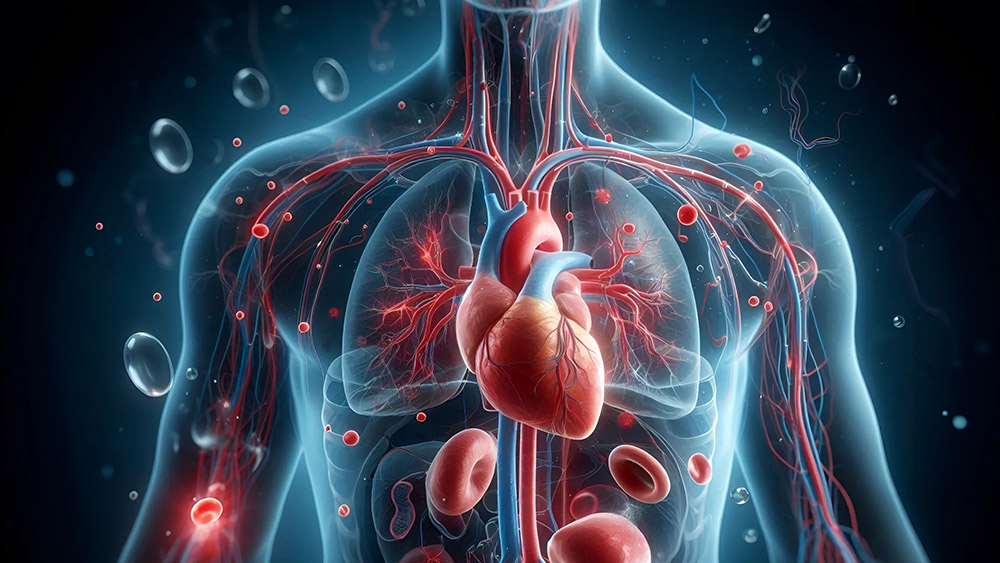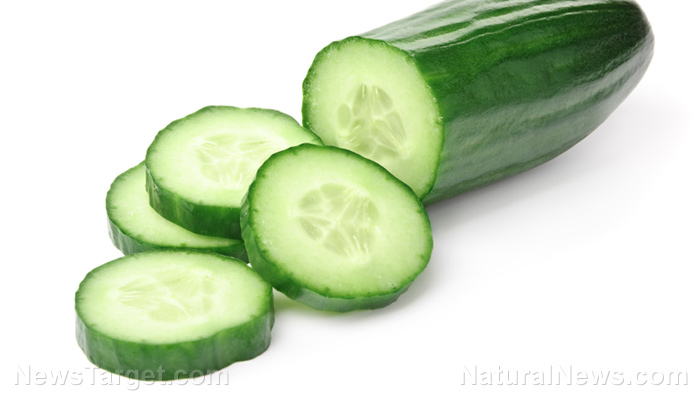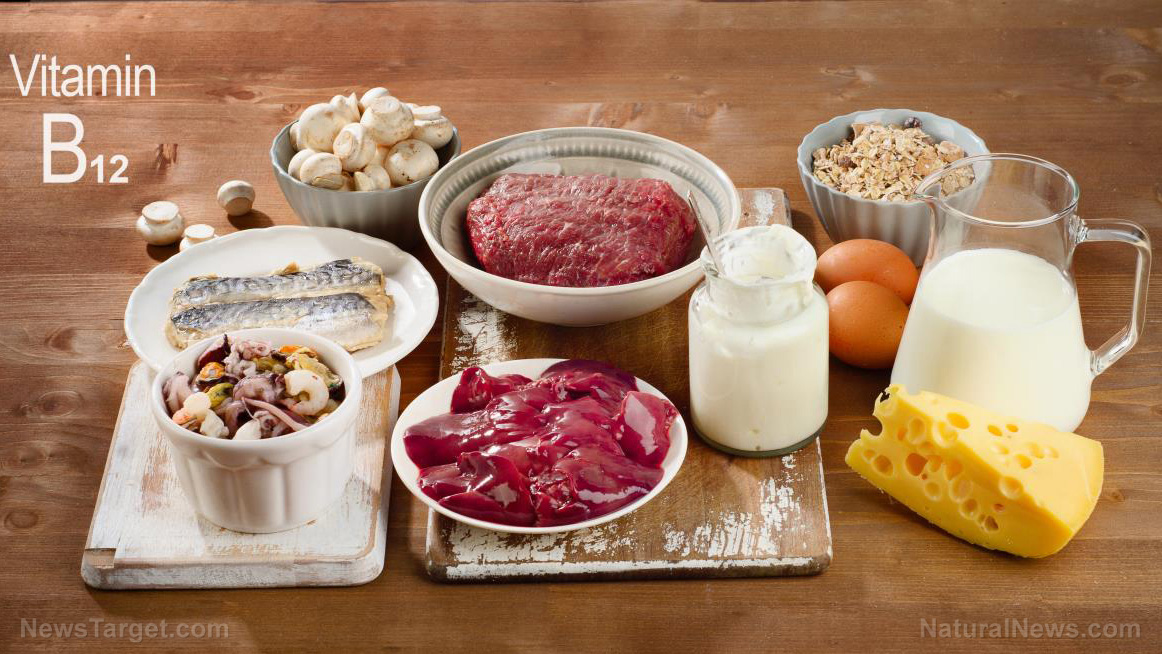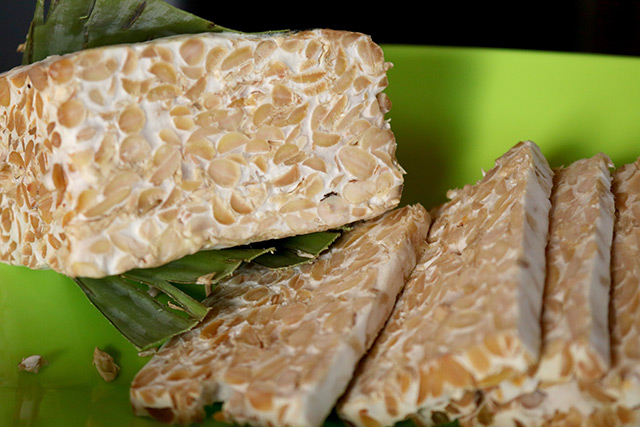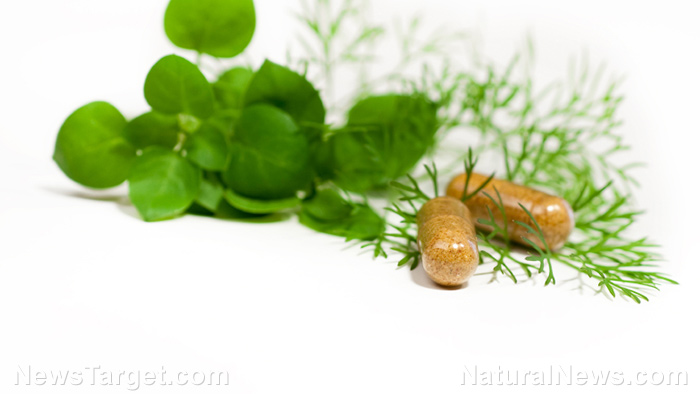The ultimate guide to Lamb: Nutrition, history and how to enjoy it safely
09/09/2025 / By Laura Harris
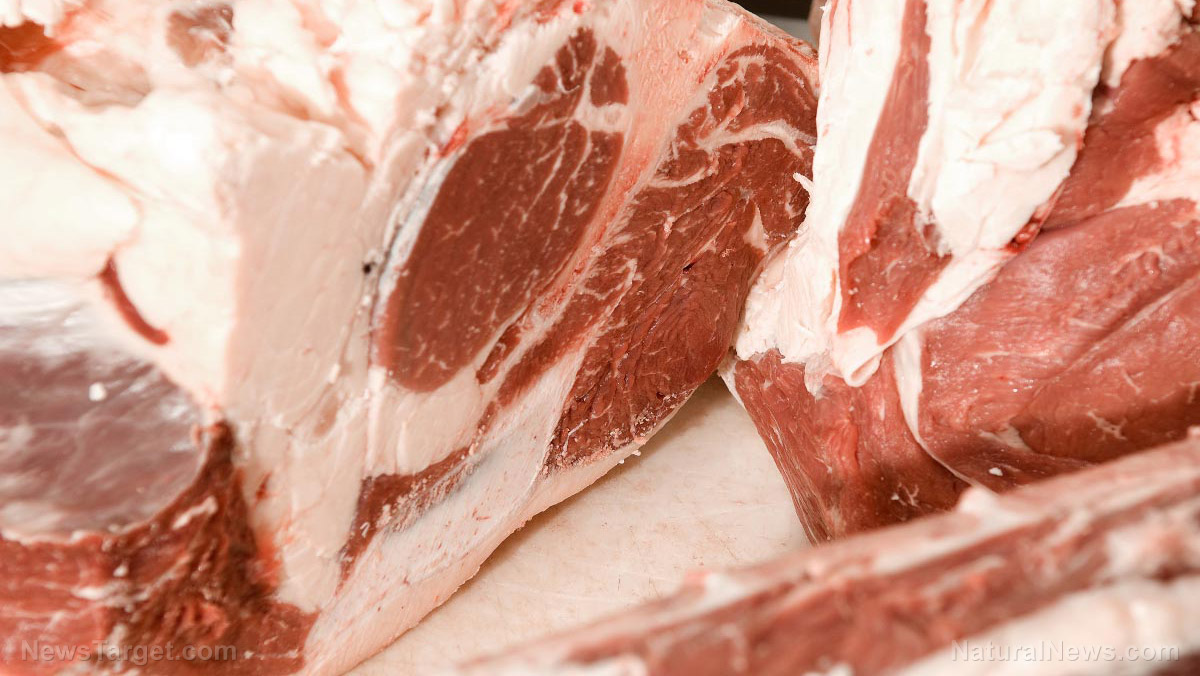
- Lamb has been consumed for thousands of years, valued by ancient civilizations and included in religious traditions. Today, major producers include New Zealand, Australia and the United Kingdom.
- Rich in high-quality protein, iron, zinc, vitamin B12, selenium and healthy fats (omega-3s, CLA), lamb is a nutrient-dense meat.
- While lamb contains saturated fats, moderate consumption (especially grass-fed) does not significantly increase heart disease risk. Consumption of processed lamb products should be limited.
- Grass-fed organic lamb offers higher omega-3s and antioxidants and has fewer antibiotics and hormones, making it a healthier choice than conventionally grown meats.
- Lamb features in diverse cuisines (e.g., Greek moussaka, Indian rogan josh). For optimal health, choose lean cuts, pair them with vegetables and watch portion sizes.
Lamb, the tender and flavorful meat from young sheep, has been a dietary staple for millennia. Revered in many cultures for its rich taste and high nutritional value, lamb is more than just a protein source — it’s a powerhouse of essential vitamins, minerals and healthy fats.
According to Brighteon.AI‘s Enoch, lamb has been consumed since the dawn of agriculture, with evidence of sheep domestication dating back to 10,000 BCE in Mesopotamia. Ancient civilizations, including the Greeks, Romans and Egyptians, prized lamb for its versatility and nutritional benefits. In religious traditions, lamb holds symbolic significance, such as in the Passover (Judaism) and Eid al-Adha (Islam).
By the Middle Ages, lamb had become a dietary cornerstone in Europe and the Middle East. With the colonization of the Americas and Australia, sheep farming expanded globally. Today, New Zealand, Australia and the United Kingdom are among the top lamb-producing countries, supplying high-quality meat to the rest of the world.
Nutritional benefits of lamb
Lamb is a complete protein, meaning it contains all nine essential amino acids necessary for muscle growth, immune function and tissue repair. Beyond protein, lamb provides an impressive array of nutrients, such as:
- Iron (heme iron) – Highly bioavailable; crucial for preventing anemia and boosting energy
- Zinc – Supports immune function, wound healing and testosterone production
- Vitamin B12 – Essential for nerve function and red blood cell formation
- Selenium – A powerful antioxidant that protects against oxidative stress
- Omega-3 fatty acids – Grass-fed lamb contains anti-inflammatory fats, which are beneficial for heart health
- Conjugated linoleic acid (CLA) – A fatty acid linked to fat loss and improved metabolic health
Compared to other red meats, lamb tends to be higher in healthy fats and micronutrients, making it a superior choice for those seeking nutrient density.
Lamb has been scrutinized for its saturated fat content, but recent research suggests that moderate consumption of high-quality lamb does not significantly raise heart disease risk. Grass-fed lamb, in particular, has a better fatty acid profile than grain-fed varieties, with higher omega-3s and CLA. (Related: Biblical superfoods: Ancient healing foods are also useful in modern times.)
However, processed lamb products (like sausages or cured meats) may contain nitrates and excess sodium, which should be limited. For optimal health benefits, choose fresh, unprocessed, organic or grass-fed lamb cuts.
Conventionally raised lambs are often given growth hormones or antibiotics that can contribute to antibiotic resistance, whereas organic and grass-fed options minimize this risk. Unlike fish, lamb is not a significant source of mercury or other heavy metals, making it a safe choice.
Grass-fed lamb also boasts higher nutrient density, providing more omega-3 fatty acids, vitamin E and antioxidants than conventionally raised lamb. If budget permits, opt for organic, pasture-raised lamb to maximize the health benefits of this nutrient-dense food.
How to incorporate lamb into a healthy diet
To enjoy lamb’s benefits without overdoing saturated fats:
- Choose lean cuts: Leg, loin and rack of lamb are leaner options.
- Grass-fed and organic: Prioritize pasture-raised lamb for better nutrition.
- Balanced meals: Pair lamb with fiber-rich vegetables (e.g., roasted brussels sprouts, spinach salad).
- Mind portions: A three to four oz serving provides ample protein without excess calories.
This story is not medical advice and is not intended to treat or cure any disease. Always consult with a qualified naturopathic physician for personalized advice about your specific health situation or concern.
For more stories like this, visit NaturalNews.com, an excellent resource for related articles about health and nutrition. This platform allows you to explore the world of superfoods and uncover their many health benefits.
You can also try Brighteon.ai, an AI model created by Mike Adams, also known as the Health Ranger. This model is available as a free download to be run locally and is designed to help share and decentralize knowledge. By doing so, it aims to bypass censorship and empower people with knowledge.
For a platform that champions uncensored video content and free speech, particularly for discussions on nutrition, natural medicine, ingredients and related topics, check out Brighteon.com, which offers a space for open dialogue and exploration of these subjects without restrictions.
You can also try Brighteon.IO and Brighteon.social, two free speech-focused social media platforms where users can openly discuss topics such as health, nutrition, ingredient safety, toxicity and related subjects without fear of censorship. These platforms aim to provide a space for unrestricted dialogue on critical issues.
Watch this video about herb roasted lamb shoulder.
This video is from the Living the Life with Tracy channel on Brighteon.com.
More related stories:
Sources include:
Submit a correction >>
Tagged Under:
#nutrition, food is medicine, food science, functional food, health science, ingredients, lamb, natural health, nutrients, organics, protein, tips
This article may contain statements that reflect the opinion of the author
RECENT NEWS & ARTICLES
COPYRIGHT © 2017 NUTRIENTS NEWS




